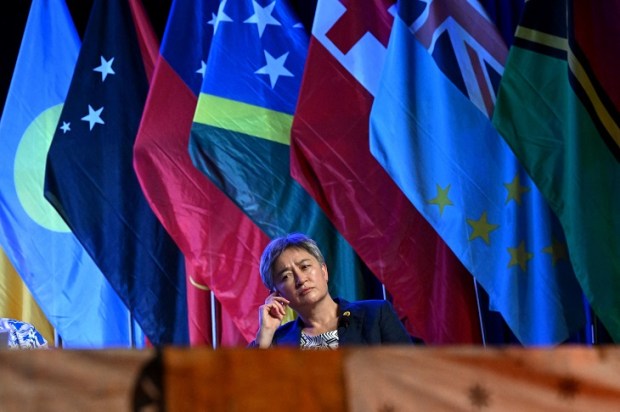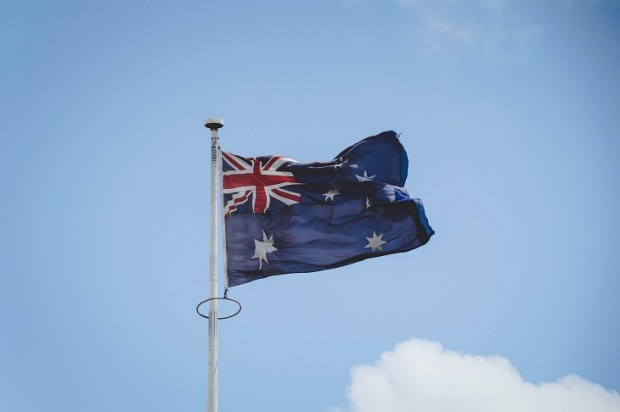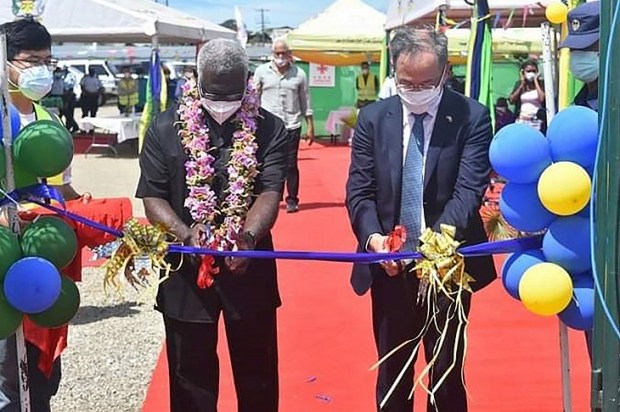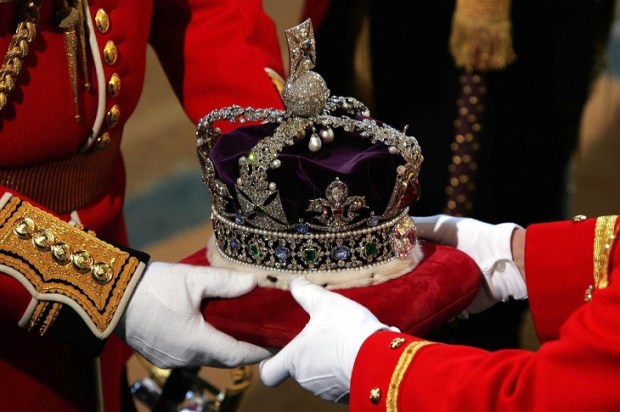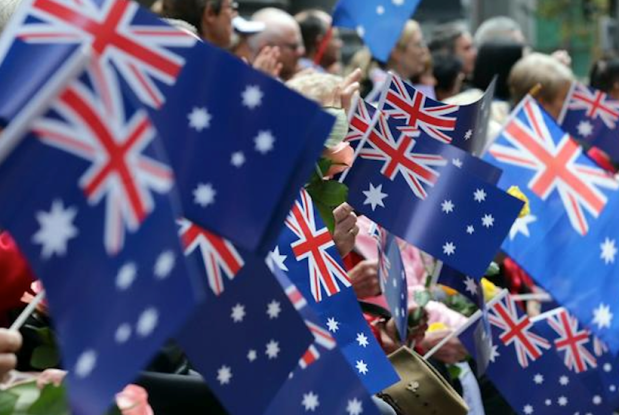Sombre recent events have driven pause and reflection, not only upon a life of great service, but on Australia’s connection with the British Crown and our status as a constitutional monarchy.
While Prime Minister Albanese notes a republic is off the cards in the short-term, it will be increasingly natural over the coming years for Australians to ask – what are the implications of Australia’s monarchy? Are our institutions ‘fit for purpose’ a quarter way into the twenty-first century?
Australian republicans feel not. While largely respectful in the wake of her majesty’s passing, they have maintained a consistent expectation that we formally dispose of our British institutional ties, establish an Australian-selected ‘head of state’, and shed our constitutional monarchy to improve our perception in Asia and finally ‘come of age’ as a nation.
Beneath these objectives has been a hardened republican expectation of utility toward our present system – how much tax does the Royal Family pay and what property do they own? What qualifications do they hold for public office? Why do we have no ‘say’ in choosing our head of state?
From gender to religion, questions of identity have also been put toward the monarchy in more recent times – something one suspects will only intensify in our current social media climate.
While we should always prod and question our institutions, criticisms of identity and utility fundamentally miss the mark in terms of Australia’s constitutional arrangements.
Clearly, Australia is a fully independent nation.
Prime Minister Bob Hawke’s 1988 Constitutional Commission found that our full legal independence took place sometime between 1926 and the second world war – likely with the Statute of Westminster in 1931.
We possess a highly positive profile and strong trade and people-to-people links with Asia, we manage our own affairs and sign our own treaties. We are also one of the world’s most successful continual and unbroken democracies.
Even during the 1975 constitutional crisis – our most seismic political event since the 1808 Rum Rebellion – resulted in an Australian Governor-General breaking the deadlock between an Australian Prime Minister and an Australian Parliament. Her late majesty simply stayed out of it.
This naturally prompts the question – why, then, are we still a constitutional monarchy?
Indeed, the fact Australia is a constitutional monarchy is not likely to be on the minds of many Australians. It will not, after all, have much to do with how fast we drive down the road or how much tax we pay.
But it does speak to things that all Australians possess some instinct for – our proud history and civic life, the rights and responsibilities we enjoy, the stable and responsible government we expect, and the expectations we place upon each other as citizens.
It more or less alludes to why the Crown is distinct from politics – it ‘shines down’ from a more exalted sphere, to borrow from the late philosopher Roger Scruton.
How wonderful it has been to look back at a life of 70 years of service to remind us of things we cherish in our lives – things much greater than politics.
A republic – however modest – would seek to wobble this natural balance, essentially pulling our present system toward excess utility and identity – the domain of politics.
If one is serious about institutional reform, which no doubt republicans are, there are no shortage of issues to tackle, from federation reform through to slashing excessively regulatory green and red tape, which no doubt does more to harm our profile in Asia than our constitutional status.
One may also think about how to enhance diverse and responsible international institutions like the Commonwealth Heads of Government Meeting (CHOGM), and how we can improve our offering to the world in this special forum in terms of electoral assistance, governance reform, youth skills, and environmental conservation.
Australians will continue to do well by resisting the urge of a republic, and the inevitable persuasions of republicans in the coming debate.
We will continue to be much better off as a constitutional monarchy.
Sean Jacobs is the author of Thoroughly modern patriot: Australia, the monarchy and a fair fight. These remarks are adapted from a speech given to the Australians for Constitutional Monarchy Toowoomba Branch on 11 September 2022. He writes at www.seanjacobs.com.au.


